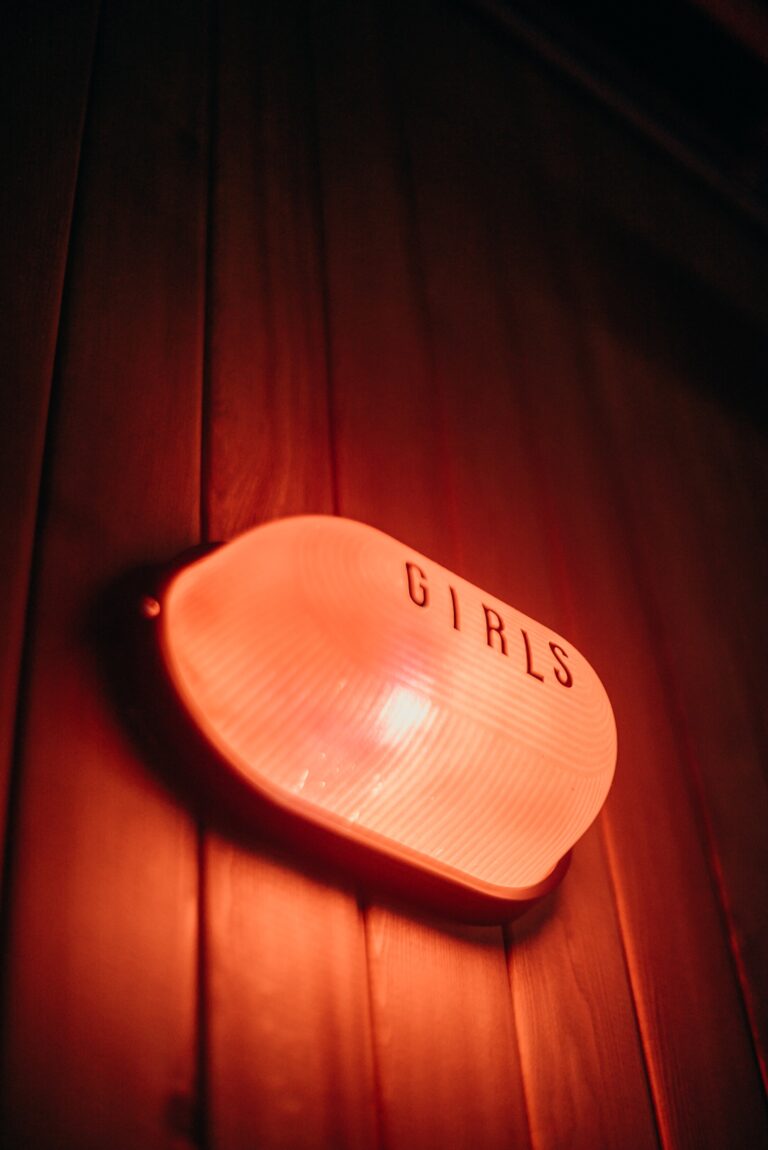Is Prostitution Legal in Singapore?
In Singapore, prostitution itself is legal, but various activities related to it are not. The city-state has a complex legal framework that allows sex workers to operate in certain designated areas while prohibiting activities such as soliciting in public, pimping, and the operation of brothels.
It is important to note that while the act of selling sex is not criminalized, there are strict laws surrounding the sex trade. The Singapore government aims to prevent the exploitation of women and children and to minimize the social impact of prostitution.
What are the Penalties and Enforcement Measures for Prostitution?
Despite the legality of prostitution in Singapore, there are several activities related to it that are illegal and punishable by law. These include:
- Soliciting for the purpose of prostitution in public places
- Pimping or living on the earnings of a prostitute
- Operating a brothel or permitting premises to be used as a brothel
- Procuring a person for the purpose of prostitution
- Trafficking in women and children for the purpose of prostitution
Penalties for these offenses can range from fines to imprisonment. For example, those found guilty of operating a brothel or living on the earnings of a prostitute can face up to five years in prison and a fine of up to SGD $10,000.
How is Prostitution Referred to Locally in Singapore?
Prostitution in Singapore is commonly referred to as the sex industry or the flesh trade. Sex workers are often called ladies of the night or working girls. Singapore’s most well-known red-light district, Geylang, is home to many legal brothels and is often referred to as Sin City due to its association with the sex trade.
What is the History of Prostitution in Singapore?
Prostitution has been present in Singapore since its founding as a British colony in the early 19th century. During the colonial era, the British administration attempted to regulate the sex trade by requiring sex workers to undergo regular health checks and licensing brothels. However, these efforts were largely unsuccessful, and the sex trade continued to flourish.
After Singapore gained independence in 1965, the government took a more pragmatic approach to managing the sex trade. The government focused on reducing the demand for prostitution by targeting clients, pimps, and traffickers, rather than sex workers themselves. This approach has been credited with helping to maintain public order and minimizing the social impact of prostitution in Singapore.
Where Can You Find Helpful Links, Government Laws, and Resources on Prostitution Legality in Singapore?
For more information on the legality of prostitution in Singapore and the relevant laws and regulations, you can refer to the following resources:
- Singapore Penal Code: This is the primary source of criminal law in Singapore, which includes provisions related to prostitution and other sex-related offenses.
- Women’s Charter: This legislation is aimed at protecting the rights of women and girls in Singapore, and includes provisions related to the sex trade, such as penalties for pimping and trafficking.
- Singapore Police Force: The official website of the Singapore Police Force provides information on crime prevention and enforcement measures related to prostitution.
- Association of Women for Action and Research (AWARE): AWARE is a non-governmental organization that advocates for gender equality in Singapore and provides support services for women in need, including those involved in the sex trade.
In conclusion, prostitution in Singapore is legal, but several related activities are not. The government takes a pragmatic approach to managing the sex trade by targeting clients, pimps, and traffickers, while providing support services for sex workers. It is important for both locals and visitors to be aware of the relevant laws and regulations surrounding prostitution in Singapore.
